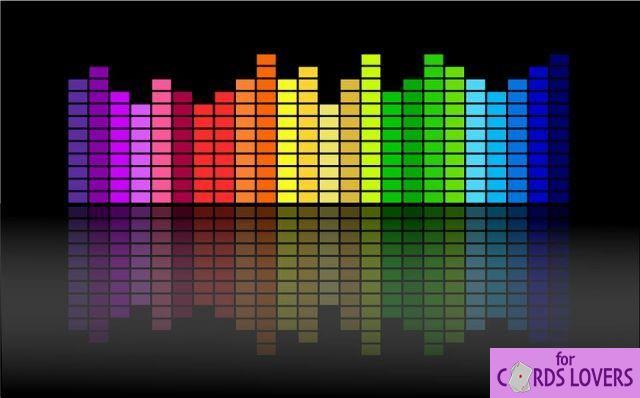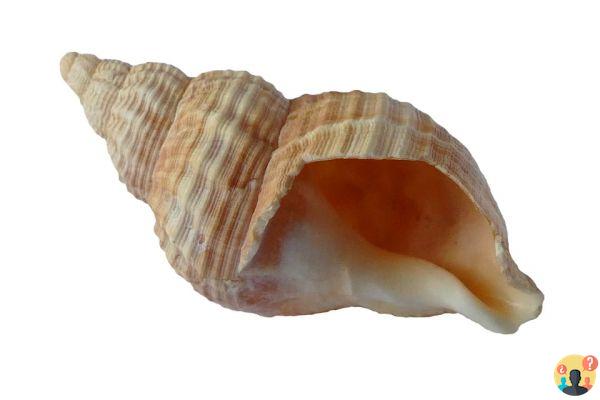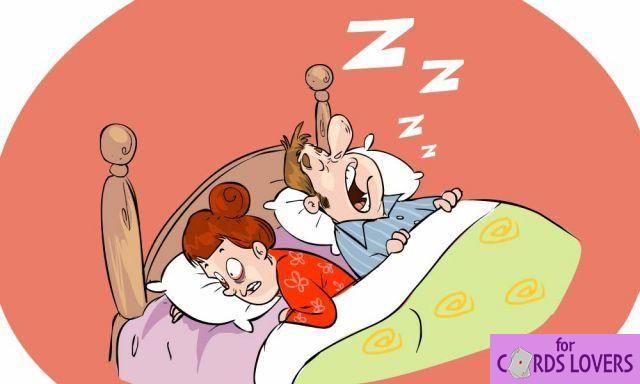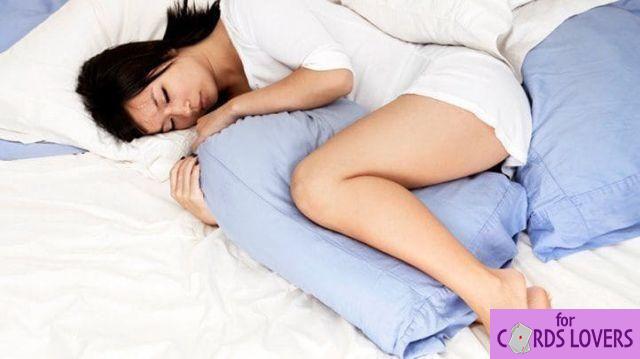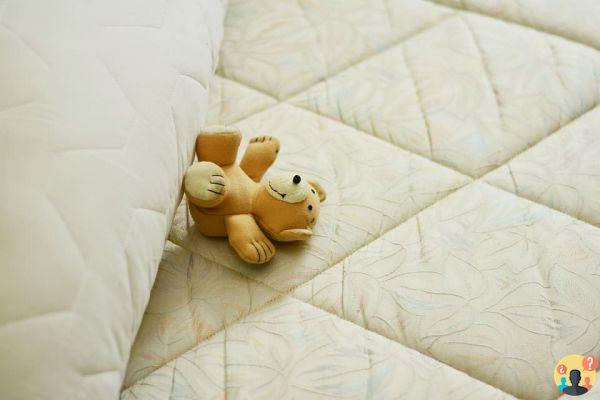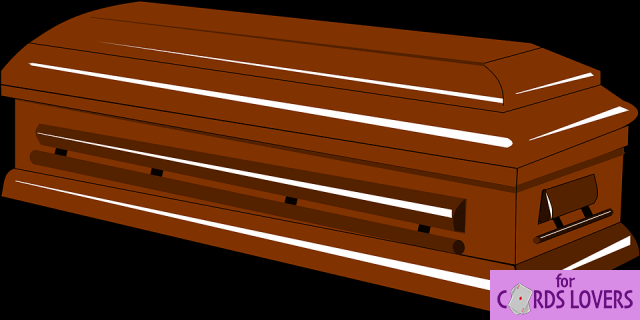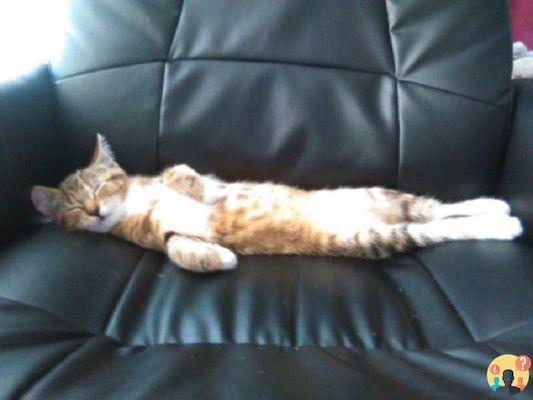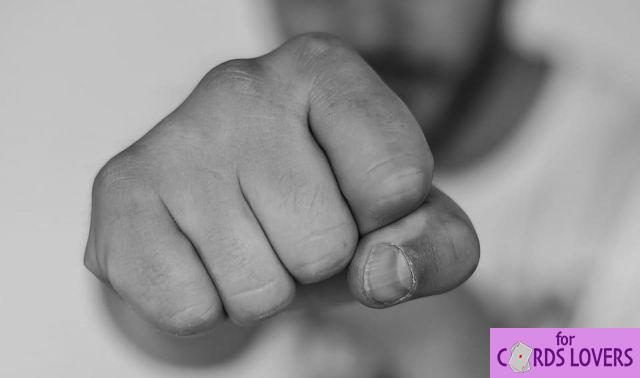
Arnold's neuralgia makes it very difficult to sleep. Arnold's neuralgia: How to sleep? There are simple solutions that we will present to you.
Arnold's neuralgia: How to sleep? The causes of pain
Arnold's neuralgia is generated by damage to the occipital nerve or irritation of it which may have been caused by:
- An injury to the back of the head
- Neck muscles become too tight
- Nerves are compressed as they leave the spine
- Tumors
- Infections
- Inflammation of blood vessels
- Drop
- Diabetes
- Frequent or prolonged periods of holding the head down or forward
- Other Types of Neck Lacerations
The occipital nerve is formed from the branches of the second and third cervical nerve roots. It passes over the back of the head, pierces the upper neck muscles, then curves over the back of the head to the frontal area. This nerve stops at about the end of the hairline. When he becomes irritated by the various reasons listed; it causes occipital neuralgia with painful symptoms.
People who suffer from Arnold's neuralgia will have severe headaches that cause throbbing or piercing type pain in the upper neck, back of the ears, or in the back of the head. It can also cause pain in the forehead, behind the eyes and you will also experience sensitivity to light. Your scalp may be tender or painful to the touch because the location of the pain is related to the area supplied by the occipital nerves.
When pain is caused by this disorder, it will be difficult to sleep with Arnold's neuralgia. To rest, you can take the following measures.
OUR ANTI-PAIN HOT-COLD COMPRESS
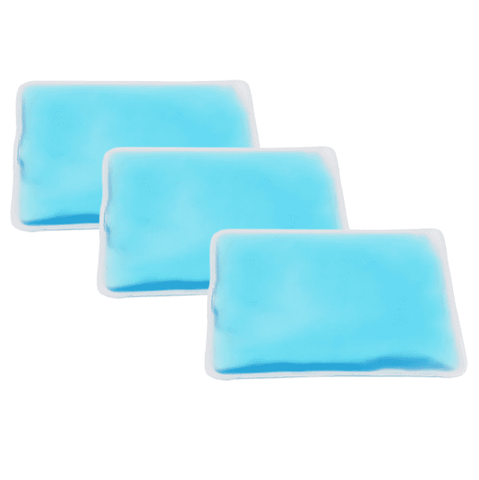
How to Sleep With Arnold's Neuralgia With Pain Medication
The best way to get a good night's sleep when you have Arnold's neuralgia is to treat the pain that keeps you awake. Your doctor can prescribe you oral medications to relieve some of the pain and some over-the-counter medications may also work for you.
Look for those that will reduce inflammation and spasms to decrease pain. There is however a catch. Excessive use of painkillers will lead to medication overuse headaches which will add to the existing pain of occipital neuralgia.
In some cases, antiepileptic drugs or antidepressants have been used to treat pain associated with Arnold's neuralgia. Nerve blocks and injections of anesthetics with or without steroids into the affected areas have brought relief to many people, but it may require repeated injections.
How to Treat Pain Without Drugs for Sleeping with Arnold's Neuralgia
Non-drug treatment may include un massage et du repos. Tight muscles can cause pressure on nerves and other tissues in the neck and head that is often associated with other types of headaches. This may also be the case for those caused by occipital neuralgia. Doing stretching exercises, Epsom salt baths, and using certain relaxation techniques can help relax those tight muscles and relieve pain.
Heat is another method to reduce the symptoms of occipital neuralgia. The use of a heating pad on the muscle at the base of the skull, hot gel packs, heat wraps, or even microwave-heated damp cloths will help control occipital neuralgia pain. Ice directly applied to the nerve, if tolerated, can also provide immediate pain relief.
Sometimes headaches are caused by pinched occipital nerves and adjusting the position you sleep in can reduce the pain. Do not place your neck in a twisted position as this may cause stiffness and tightness in the head and neck muscles. This position will apply pressure on the occipital nerve. Use a pillow that supports your neck but won't allow your head to be higher than your neck.
Another solution is to consider manual medicine such as massage, physiotherapy, osteopathic manual medicine and milder forms of adjustments instrument-guided such as atlas orthogonal processing. Bringing the head and neck back into proper alignment will remove pressure on the occipital nerve in most cases.
For the more persistent sleep cases with Arnold's neuralgia, a specialist can decide whether occipital nerve stimulator implants or occipital nerve decompression or excision may be more appropriate.








